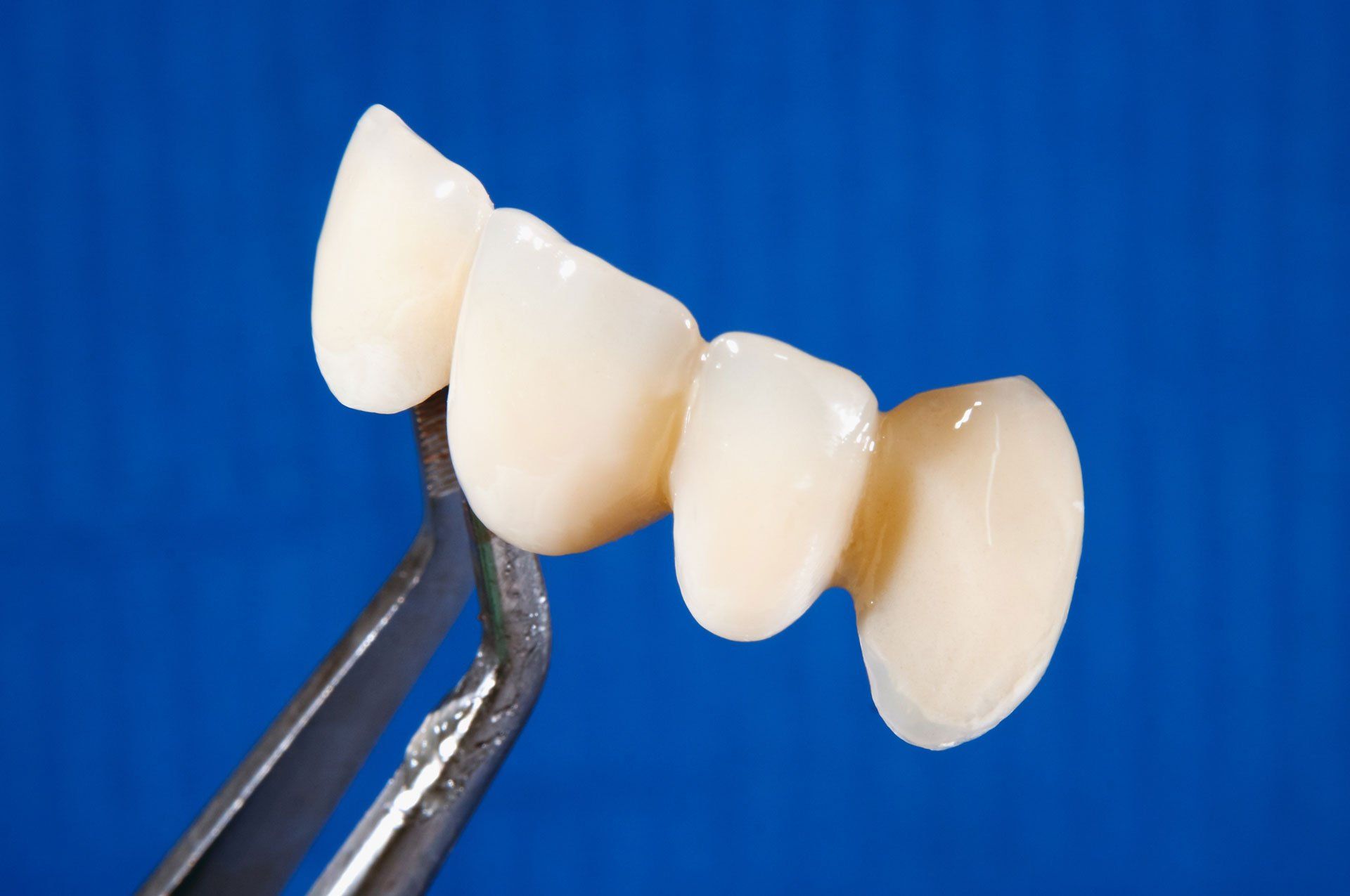People with diabetes have a lot of special health considerations to make in terms of diet, medications, etc. These considerations extend to your oral health as well. If you are diabetic and plan on getting dentures, you need to understand how your diabetes affects your health and your dentures.
How Diabetes Impacts Your Oral Health and Your Dentures
Every person is different, but diabetes tends to cause poor blood circulation and decreased saliva flow - both of which are detrimental to your oral health and to your dentures.
Poor Blood Circulation
Poor blood circulation can lead to bone loss in your jaws. Because dentures are supported by the alveolar ridges - the bony projections that hold teeth and tooth sockets - you need to maintain as much good bone density as possible.
Poor circulation can be a big issue for people who don't get regular denture relines. Dentures that don't fit well can cause pressure sores on your gums. Since your body cannot circulate nutrients and oxygen effectively, these sores can get infected and heal slowly.
Decreased Saliva Flow
Saliva is the mouth's natural cleaning agent since it has antibacterial properties and neutralizes acids from foods. However, people with diabetes tend to suffer from xerostomia, or dry mouth, which decreases saliva flow.
Besides increasing the risk of an oral infection, decreased saliva flow can affect the retention of your dentures. While your alveolar ridges play a role in denture stabilization, saliva also helps to support the appliances since it creates suction between the gum tissue and the dentures. If you don't have adequate saliva flow, then your dentures may feel rocky or feel like they are going to pop out.
While it may be frustrating to see how diabetes can affect your oral health and your dentures, you have lots of ways to prevent complications.
How Diabetics Can Improve Oral Health Care and Denture Care
Here are a few ideas to help you manage poor blood circulation and reduced saliva flow.
Deal with Poor Circulation
Stable blood sugar levels can improve your circulation and improve healing times. Work with your doctor to manage your blood sugar levels so you can decrease your risk of infections from gum ulcers or oral yeast.
As previously mentioned, if you have poorly fitting dentures, you need to visit your dentist or denturist to get them relined. According to Colgate, you should get your dentures relined or replaced every five to ten years.
You can extend the time between relines by keeping your dentures moist at night so they don't dry out and by using only dentist-approved denture cleaners. You should also only use cold water when cleaning your dentures since hot water can warp them and lead to a poor fit.
Deal with Decreased Saliva Flow
To increase your saliva flow you may want to:
You'll want to look for denture adhesive on the market that is specifically designed to prevent dry mouth. These kinds of adhesives will also help your dentures feel more secure.






